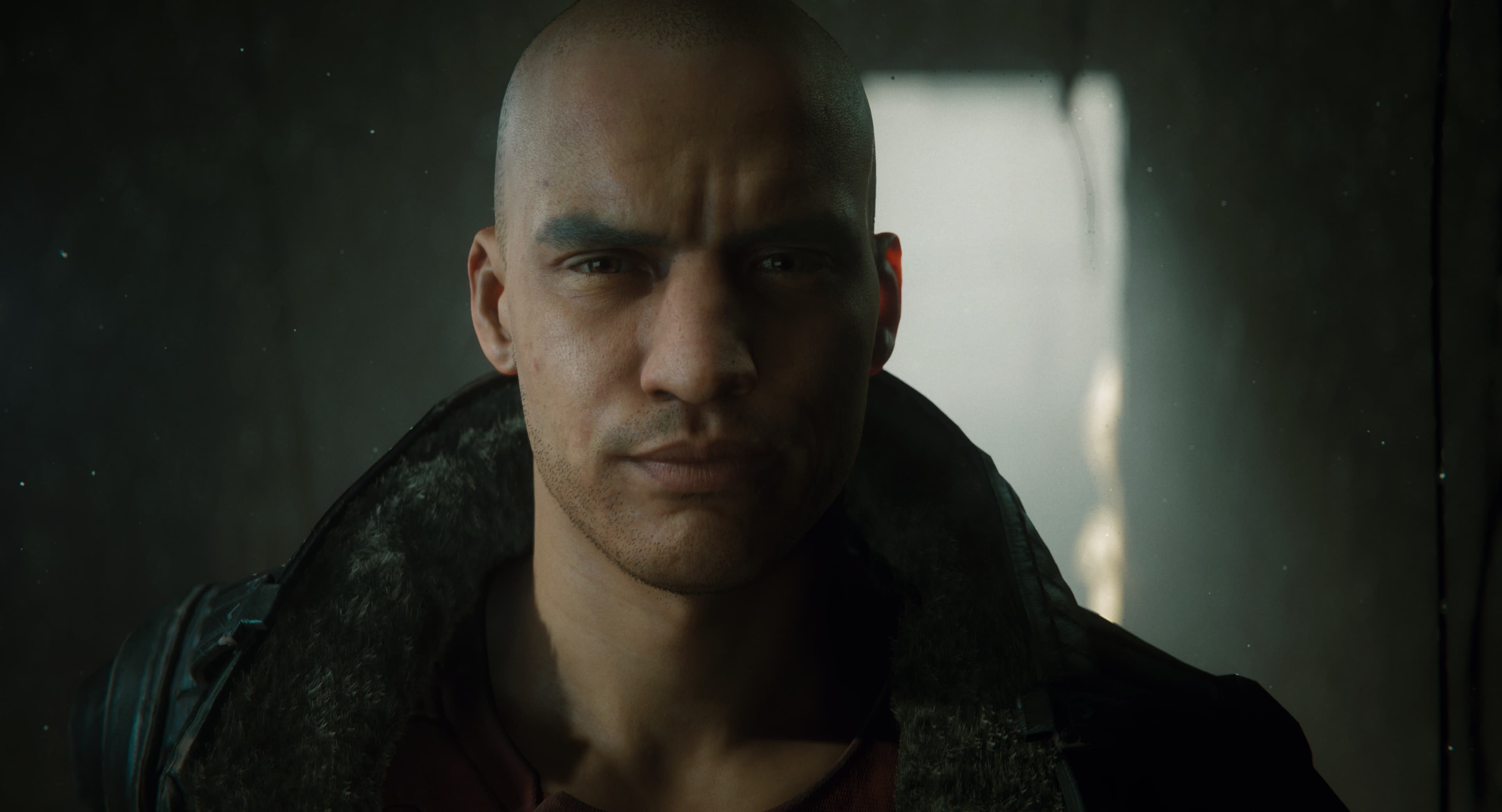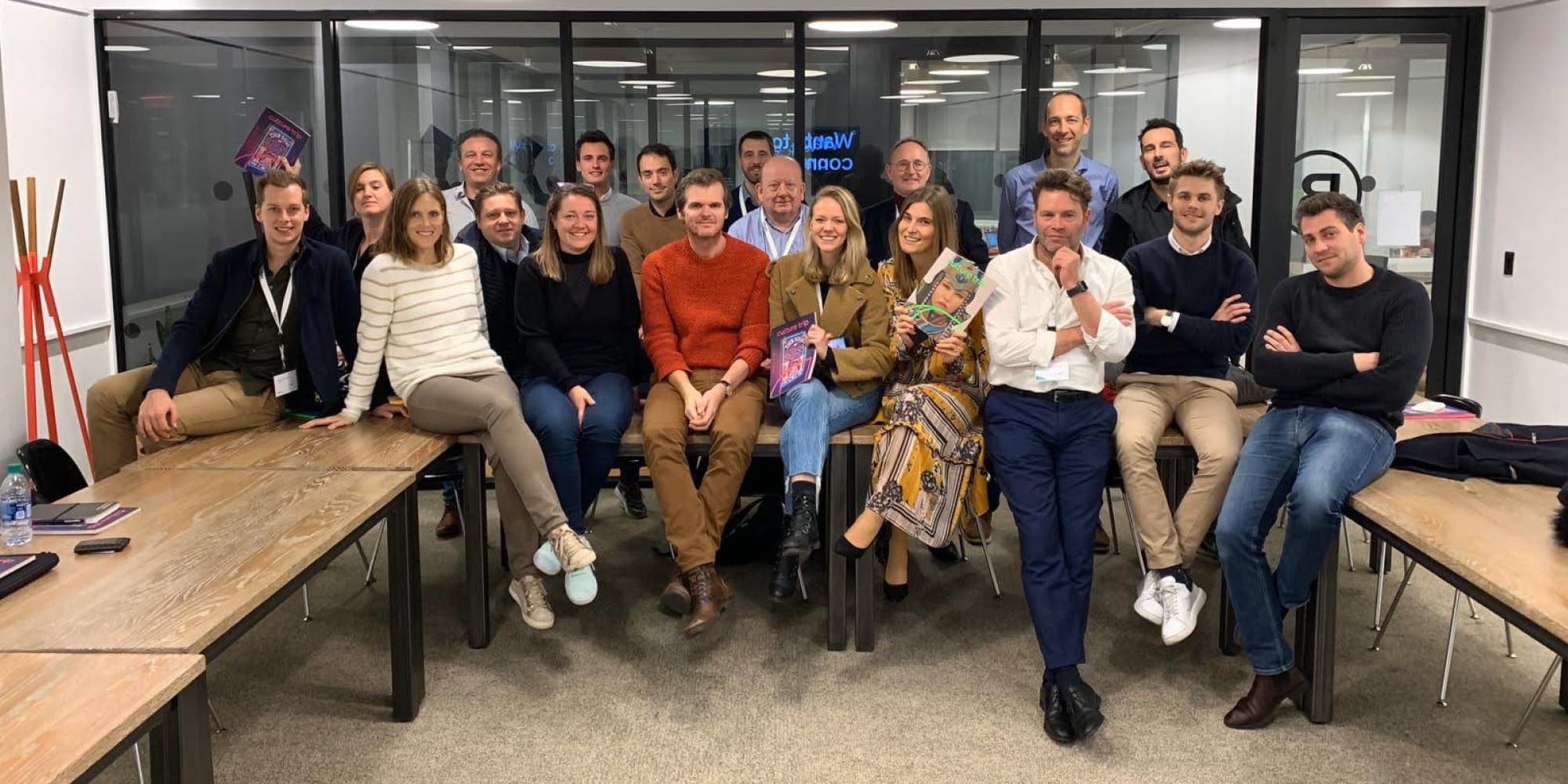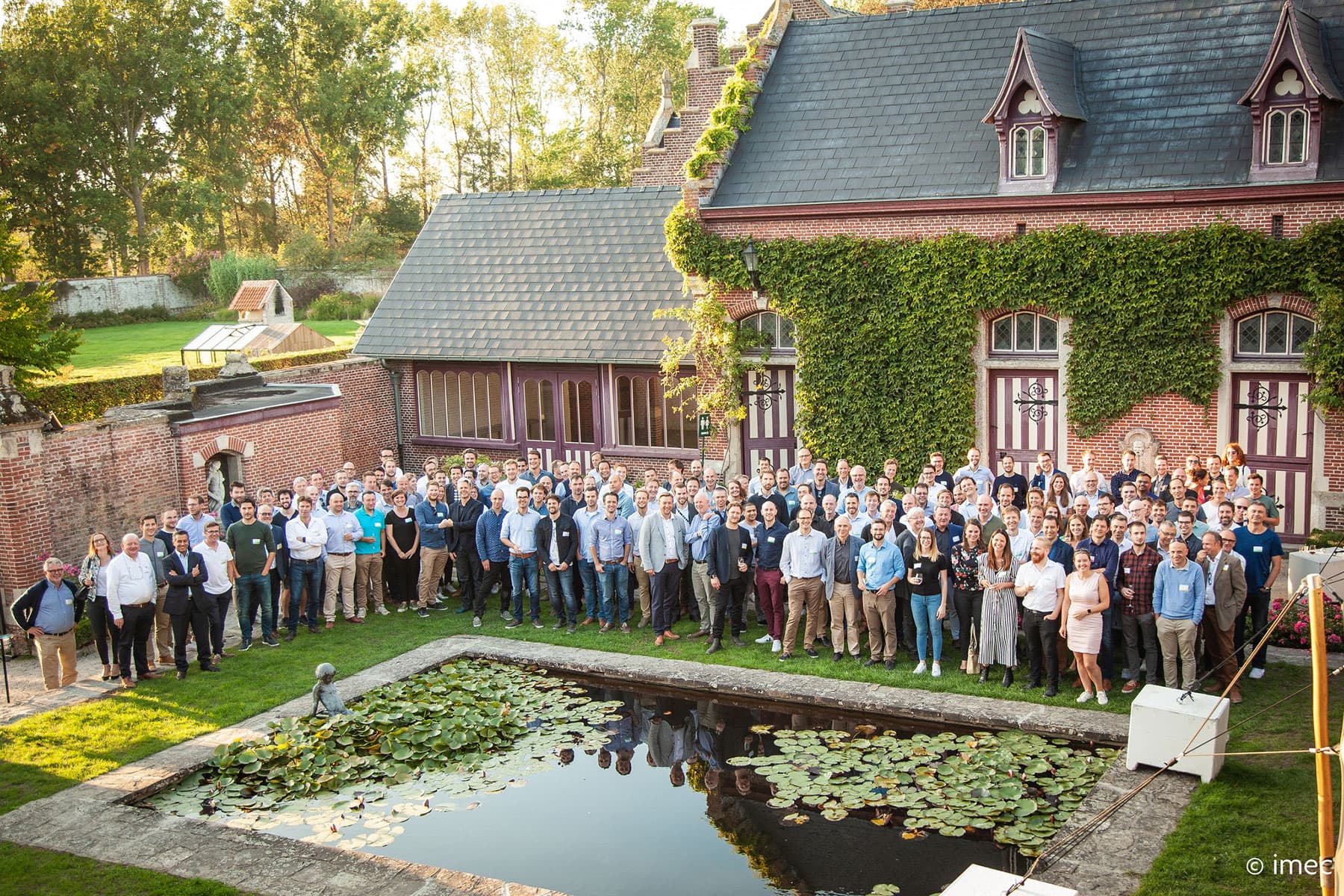Today, Belgian technology provider Graphine announced its acquisition by Unity Technologies. Graphine is worldwide known for its streaming and compression technology used to increase the graphical quality of video games and interactive 3D applications. Based in Ghent, Graphine’s R&D department will continue developing state-of-the-art streaming technology. Unity Technologies announced the acquisition during its keynote event at the Game Developers Conference in San Francisco, Ca., Monday night.
“We’re very excited to bring our technology and knowhow to the massive user base of Unity’s development platform. Streaming is an essential technology for highly immersive and detailed virtual worlds.” Aljosha Demeulemeester, Graphine’s CEO mentions. “The video game industry keeps growing and interactive 3D is already revolutionizing many industries using virtual reality and augmented reality. Unity has been extremely successful in accomplishing its mission of democratizing game development and we’re very excited to become part of its journey.”
“Graphine are pioneers of virtual texturing and efficient texture streaming. And with ever increasing device resolution and complexity of scenes that is rising steeply we need higher density textures, and more of them. Graphine will help us boost our architecture and provide best-in-class artist workflows for comprehensive virtual texturing streaming.” Natalya Tatarchuk, Graphics Director of Unity, during the Unity keynote.
The Graphine team has fifteen years of industry and academic experience with 3D content streaming and compression technology for real-time rendering. The founding team Aljosha Demeulemeester, Charles-Frederik Hollemeersch and Bart Pieters met while doing research in the IDLab led by Rik Van de Walle. Created as a spin-off of imec.istart accelerator and Ghent University in 2013, Graphine quickly entered the spotlight by building a technology demo that Microsoft used during the Windows 8.1 launch event to demonstrate its new graphics features.
Granite SDK, Graphine’s patented software product, is a texture streaming middleware that allows video game developers to improve graphics quality while reducing startup times and memory hardware requirements for the end-users (gamers). It allows 3D artists to more freely create these virtual worlds and not be bound by platform-specific hardware limitations. Major game companies worldwide like Wargaming, Funcom, PUGB, Larian Studios, have been using the product for years. VFX companies like WETA Digital have been using Granite SDK to bring extremely detailed digital movie characters to virtual reality and augmented reality experiences, and non-entertainment companies, such as the American space agency NASA, Boeing and CBS have used Granite SDK to improve the quality of their interactive 3D applications.
Graphine received funding and support from the imec.istart accelerator and Participatie Maatschappij Vlaanderen (PMV) with research subsidized by the Vlaams Agentschap Ondernemen & Innoveren (VLAIO). Focused on an international market from the start, Graphine also received support from the Flemish Investment & Trade (FIT) Agency to reach clients worldwide.
“We are proud to have supported Graphine all the way from ideation till acquisition with our imec.istart accelerator program, bringing technology that originated from our own imec research groups to the market. The acquisition by an industry world-leader like Unity, will enable an even more widespread application of Graphine’s technology and solutions.” Sven De Cleyn, imec.istart program manager.
Links
Full Unity Keynote in San Francisco: https://youtu.be/YlcX-O7fRic?t=7171
https://graphinesoftware.com/blog/2017-12-12-augmented-reality-ARHorse-razor-sharp-glance-into-future-of-AR
https://graphinesoftware.com/Graphine-in-the-Microsoft-build-keynote-and-tiled-resources-talk
https://datanews.knack.be/ict/nieuws/belgisch-gamebedrijf-in-microsoft-keynote/article-normal-291539.html (Dutch)
https://www.tomshardware.com/news/graphine-ceo-discusses-granite-technoloy,33247.html
Published on:
19 March 2019














